As I often quip, I’ve received much accusation that I was never a reader, by my mother, owner of a library of double-stacked bookshelves containing romance novels, which totally isn’t pornography, unlike, apparently, my father’s collection of annual Sport’s Illustrated: Swimsuit Edition magazines (she HATED those). I guess if it isn’t visual stimulation then it doesn’t count, which is good news considering my personal enjoyment of all those Literottica stories from the good ol’ days of the Internet. Had I stopped there, I might have been able to go to heaven after all.
And I’m not so arrogantly boastful that I’ll post my résumé as evidence of a contrarian opinion, but I don’t exactly maintain my socioeconomic position from my original read-free occupations: bagging dirt at a greenhouse and bussing tables; so normally I shrug off this odd perception of illiteracy. But naturally success, however moderate, will attract hate. Haters gonna hate hate hate, right? So it is that my Family of Origin* must find merit negations.
*(I discovered this term recently. It’s used to differentiate one’s family they spent childhood with from their current one. I like it, because I don’t consider the former group to be my family anymore, as it’s essentially been disbanded, and I’ve since started my own. Oh, and I found the term through reading, incidentally.)
So it was that my father joked about my presumed lack of mathematical skills. Or he did, until he caught on that I was taking a tally and timestamp every time he brought it up. Pity. I was going to use that in a Quantitative Philosophy post: Time to Math. Oh well.
And so it is that certain other members of my FOO bring up the reading bit, and it’s not just my mother. I overheard a snide comment from a phone conversation recently that made just this particular snipe at me again (it’s not wonder my daughter hesitates to answer calls when the caller inevitably insults her own father). But unlike the math bit, which has a base in actual personal struggles, I never quite got the illiteracy dig. Surely my FOO knows that I read to some extent or I wouldn’t be able to function in my daily occupation, but apparently that doesn’t qualify as reading? I was therefore determined to build a logic tree that determines what is considered reading, which in their minds I’m not doing, based upon all the reading they’re apparently doing that actually counts as reading. Here goes:
- Is the medium paper? If yes, then proceed to question 2. If no, proceed to question 4.
- Is the content in novel form (printouts/PDFs don’t count)? If yes, then proceed to question 3. If no, then proceed to question 6.
- Is the content technical in nature? If no, then this counts as reading. If yes, then this does not count as reading.
- Was the content in its original form paper (e.g. now in ebook format)? If no (e.g. news articles, blogs), proceed to question 5. If yes, then go to question 2.
- Is the content related to your occupation? If no, then this does not count as reading. If yes then go to question 6.
- Is your job academia or are you working a job based on an advanced STEM degree? If yes, then this counts as reading. If no, then this does not count as reading.
After thinking it through, I found it’s easily distilled down to 2 scenarios. Reading is only reading if the text is:
- On paper in novel form, but the content cannot be related to knowledge gain unless your job is in academia or are you working a job based on an advanced STEM degree. Or…
- In any other form of media besides paper, but only if the original text was in novel form or if your job is in academia or you are working a job based on an advanced STEM degree.
Observant readers will have noticed some implications. Here’s my psychological take on how my FOO defines reading:
- My job is more important than yours and more difficult, I’m sure, so any reading I do is important, unlike yours, and therefore qualifies as reading while whatever it is that you “read” doesn’t.
- I have an insecurity and when I can’t justify the importance of my own existence I turn a leisure activity into an intellectual one in my own mind.
- Either or both of the above.
So what’s the answer? Well, in my case, it’s to have fewer conversations with my FOO and answer the phone less. But in a broader sense, it does raise some societal questions. Intellectual snobbery aside, what is “reading” in that the consumed content is literature or “higher” information? That’s a question that warrants significant debate beyond individual opinion. It’s a question that needs the involvement of educators and policy-makers alike.
As a final outtake, here’s a related article I stumbled upon after writing this. I wanted to know how others have thought this through. Excluding the personal irritations with family, I’m certainly not alone in the pursuit of discovering what true reading actually is (even though reading this article isn’t true reading as per the above outlined criteria):
https://medium.com/@bbayless15/what-counts-as-literacy-and-for-whom-510b073a402e
(I know, it’s Medium. But that also betrays my own prejudice against defining sources whose content consumption qualifies as reading.)
Myself, I’ll just talk to family less.
–Simon
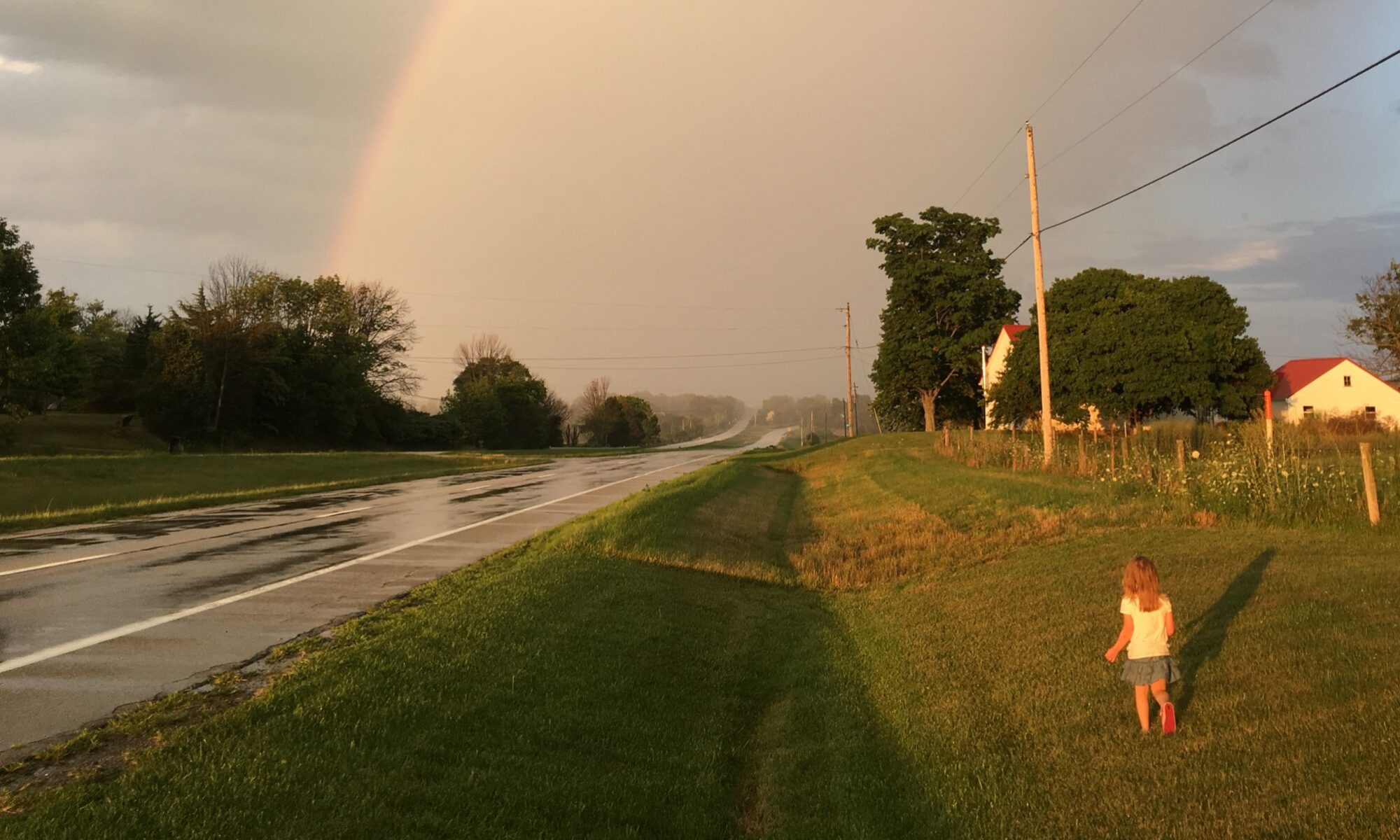
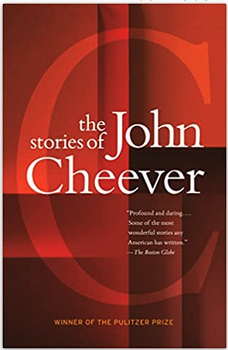
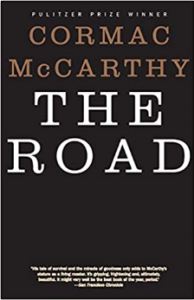 It’s February.
It’s February.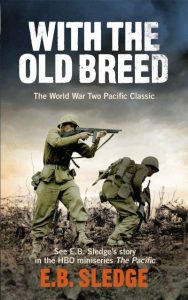 This book has been on my read list for long time. And perhaps due to my old man mannerisms, I finally sat down to read this war memoir.
This book has been on my read list for long time. And perhaps due to my old man mannerisms, I finally sat down to read this war memoir.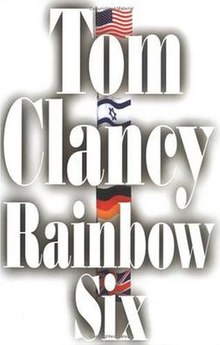 I’ve always been a fan of the Rainbow Six franchise, mostly because it’s an unforgiving tactical shooter, and rather unique as a result. The player can’t absorb bullets, gasp for a bit, and then recover like so many other shooters. Instead, body armor may provide some buffer (in which case there is some pained gasping), but it’s not a guarantee, and errant rounds to the head are always instantly fatal. Perfect planning is no guarantee in the face of random chance, and failures can even be quite humorous.
I’ve always been a fan of the Rainbow Six franchise, mostly because it’s an unforgiving tactical shooter, and rather unique as a result. The player can’t absorb bullets, gasp for a bit, and then recover like so many other shooters. Instead, body armor may provide some buffer (in which case there is some pained gasping), but it’s not a guarantee, and errant rounds to the head are always instantly fatal. Perfect planning is no guarantee in the face of random chance, and failures can even be quite humorous.